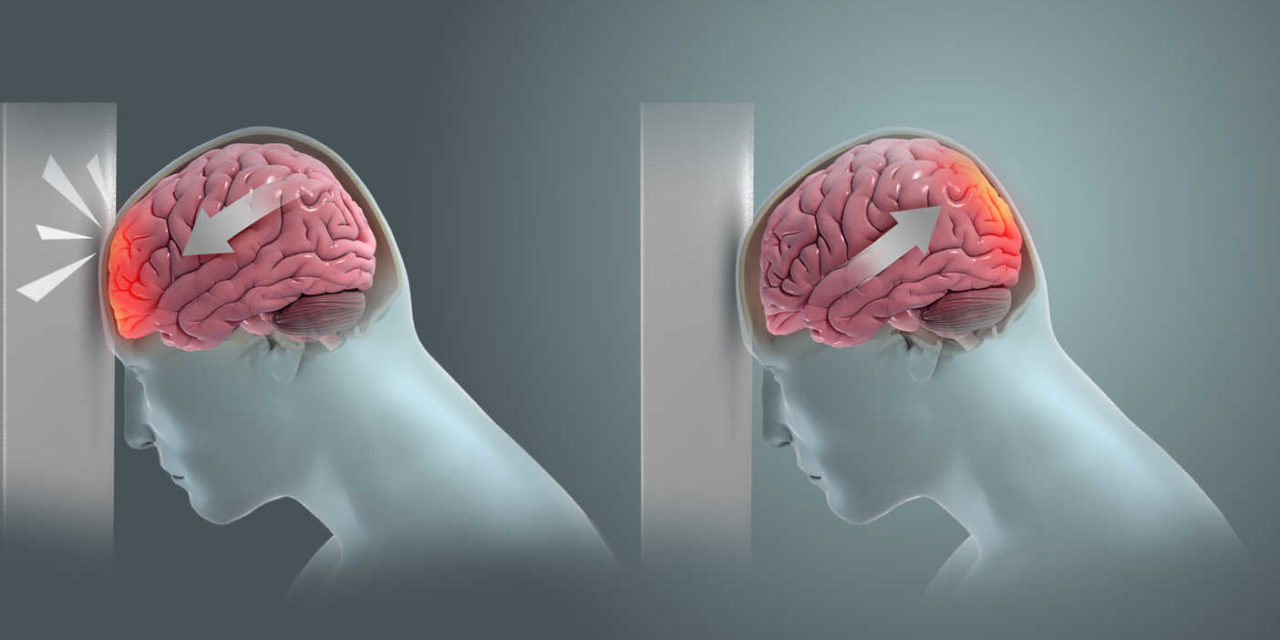Sleep disorders are an extremely common side effect of traumatic brain injury (TBI). People who, prior to their accident, had experienced no difficulty in sleeping commonly complain not only of an inability to fall asleep, but of more frequent restless sleep. Sufferers frequently wake during their few hours of sleep and find themselves fully awake and alert as early as 4 or 5 am. Not only is a lack of sleep problematic in and of itself, but another common symptom of TBI is increased fatigue-so many people who are suffering general fatigue due to a head injury are also unable to get the sleep needed to recover.
Being well rested is not only important in dealing with fatigue, but crucial to an individual’s general recovery. Most TBI is caused by some type of fall or collision, and in these types of accidents, muscle strain and injury frequently occurs. Sleep is a time that the body is able to rest and begin to repair injured muscles, but sleep disorders prevent this necessary healing from taking place. Also, an increase in fatigue has negative effects on an individual’s memory. A person with a head injury who already may have difficulty remembering things can experience an increase in symptoms if they are unable to let their mind rest during a full night’s sleep.
In order to combat sleeping disorders, there are a number of possibilities available. While most ordinary sleeping disorders can be treated with a variety of sleep medications, doctors rarely prescribe these types of pills to individuals who have experienced a TBI. In cases where a doctor feels that prescribing medication is necessary, it is common that they will prescribe a low dose of anti-depressant medication to help the individual fall asleep and sleep soundly. However, difficulty waking up is a common side effect of this medication.
There are other ways individuals can increase their chances of getting the rest their body needs. One of the easiest ways to do this is to introduce consistency to one’s sleeping schedule. By going to bed at the same time every night and waking up at the same time every morning, an individual can “program” their body to sleep during certain times. Also, individuals suffering from sleep disorders should avoid drinking caffeine and exercising late at night, as both these activities can increase difficulty in falling asleep. Finally, individuals should make sure that the area they are sleeping in is dark and quiet.





